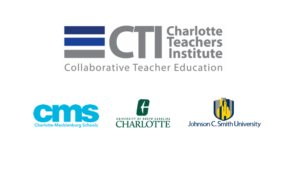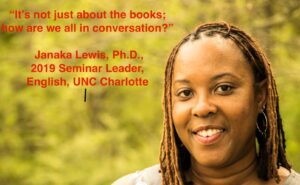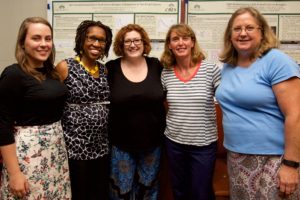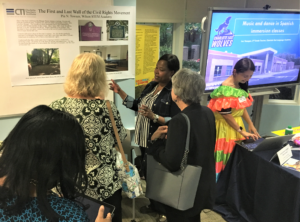S. Nicole Jenkins, English/Language Arts, Providence High School
Implementing Common Core Standards (PDF)
200 Word Synopsis
One of my greatest hopes in teaching my students in Sophomore English: World Literature is that students will leave my classroom at the end of the year with a broader worldview. That they will know the stories of those in the world around them, understand them, and maybe even be on the path to understanding their own place within their own story…a journey, which admittedly for most of us takes a lifetime. Charlotte, North Carolina, is a “new gateway” city, a city where rates of immigrant settlement are increasing faster than just about any other place in America at this time. As such, students in our community are increasingly exposed to diverse populations. Our country’s history is one of immigrant stories and as President Obama points out in his speech at the University of Yangon, this is what has “made our country stronger”. Currently however, our country is struggling in this area and so are its schools and its students. Each day, students enter my room with a very narrow view of groups of people and cultures different from their own. Some of my students ideas are fueled by the rhetoric of media, some are from viewpoints expressed at home, and others are just simply a lack of exposure. Some students don’t even really know who they are, which makes the question of finding out who others are even that much more complicated. Who are we? Who are you? What is culture? How does culture shape us and how do we shape it? How does how we say and interpret things influence our beliefs and our ideas? How do we move forward as a society in improving receptivity towards other other peoples and cultures? As a 21st century student, it’s not just going to be their ability to manipulate technology or their ability to get in to that “just right” college—what is increasingly important is their ability to live and work and participate as a knowledgeable citizen of a global community.










 Home
Home